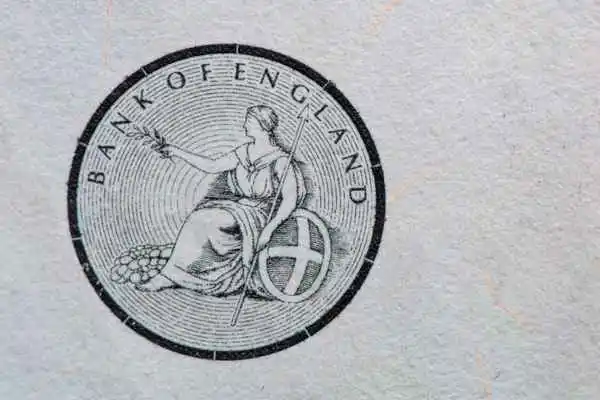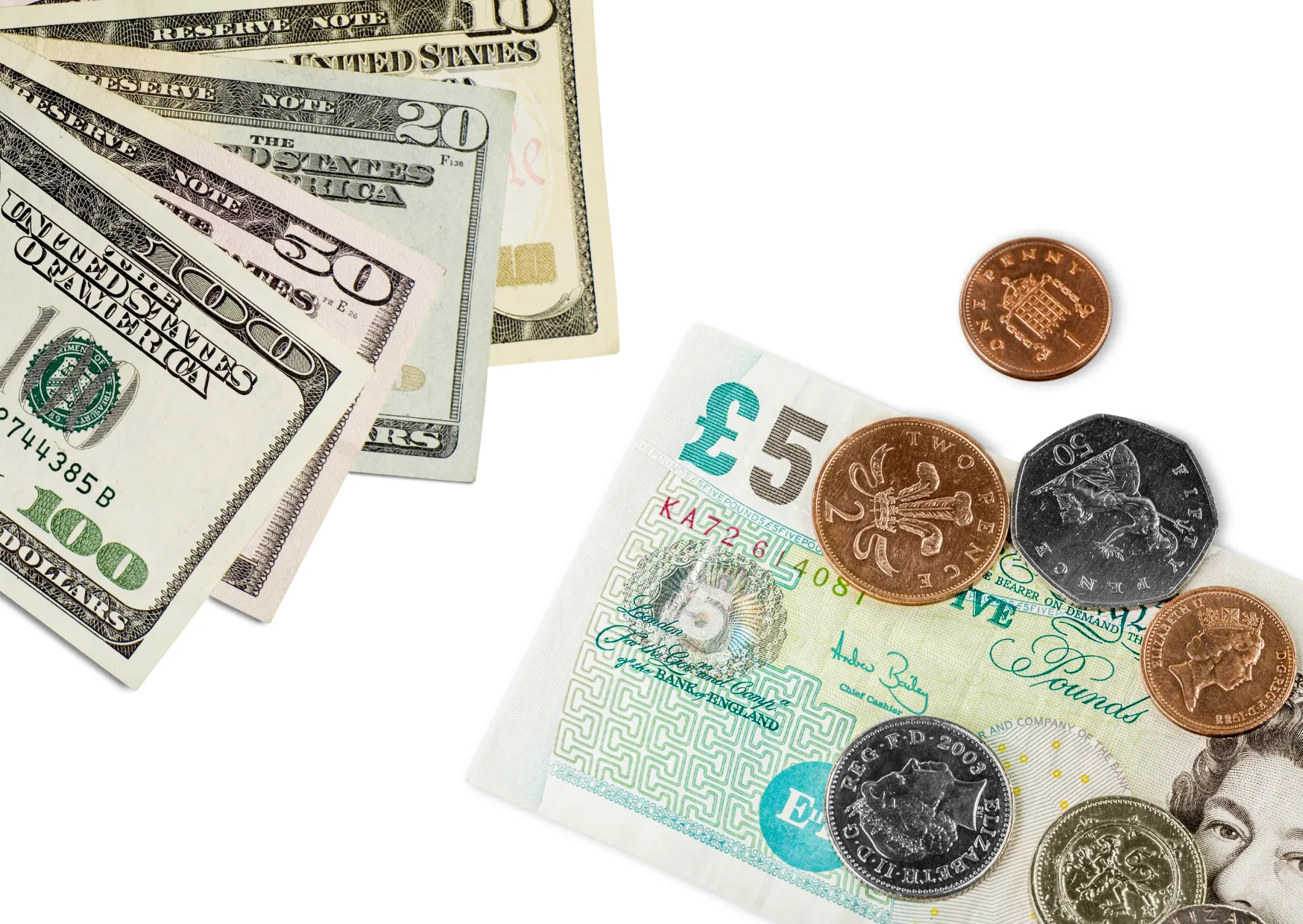
The Pound Sterling Hits a 37-Year Low Against the US Dollar – Why, and What Does It Mean?

The UK economy has been in crisis for nearly a year, as the cost-of-living crisis continues into the coming autumn. Since an initial spike in the cost of energy to the average household in 2021, prices have been inflating for consumers and businesses alike – with profound consequences for the UK and its international standing.
There are many troubling metrics regarding the UK’s current financial situation, but one particularly stark one relates to the intrinsic value of the pound sterling. According to recent data, the pound has fallen in value significantly, to a new record low.
A 37-Year Low
More specifically, the pound sterling has fallen against the US dollar, to its lowest value since 1985. This vertiginous fall for the pound represents an intriguing opportunity on the forex markets for USD investors, but has far-reaching implications for the health of the pound sterling – and, indeed, the United Kingdom as a whole.
The news comes at a bad time for the country, as the Bank of England seeks to tackle the growing inflation crisis by increasing interest rates – which itself could have drastic consequences for citizens and businesses. But why exactly has the pound fallen, and what does it mean for the UK?
The Surging Dollar
First, it is important to recognise the role of the US dollar in the GBP-USD currency pair. In 1985, the pound reached its record low due largely to the rampant growth of the dollar under then-president Ronald Reagan. While not to the same extent as in the 1980s, the US dollar today is also robust and growing under President Joe Biden – following a period of relative weakness caused by an unstable jobs market.
The Falling Pound
The major reason for the pound’s record low, though, lies in the UK’s economy. A perfect storm had brewed in the UK, comprising: economic downturn imposed by the novel coronavirus and its various restrictions; supply shortages and barriers to trade precipitated by the UK’s withdrawal from the EU; and a European energy crisis partly caused by Russia’s invasion of Ukraine. Together, these have placed downward pressure on the pound, leading to record drops in value.
What It Means for the UK
But what does the pound’s reduced value mean for the UK? When in a vacuum, citizens may not notice any major change – but the UK relies on international trade in order to function, and such trade is made much more costly by a weak pound.
For one, imports become costlier, as the pound has less spending power. UK buyers must spend more to buy the same volume of stock, causing price rises all along the supply chain. Exports can also be made more expensive in certain scenarios, where existing contracts enable international buyers to purchase goods for the same value, despite a devalued pound.
